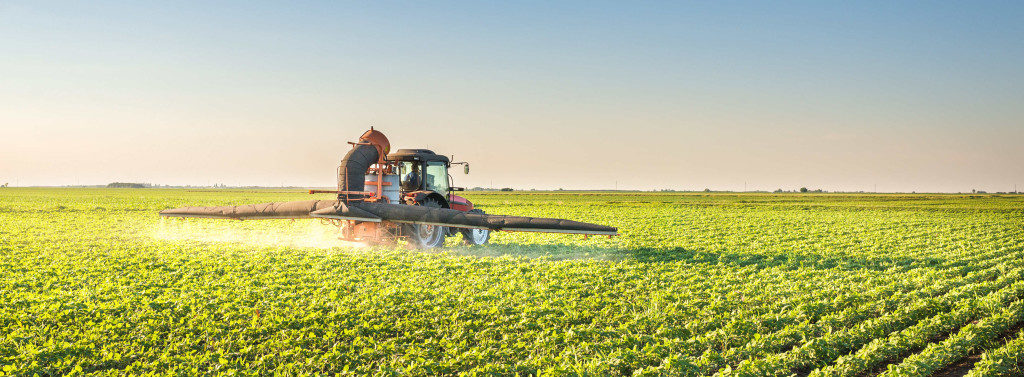
In today’s talking points: Australian food and grocery exports on the rise to the US and China; New Australian food industry created by top chef and Adelaide University; Chinese water law amended with new mechanism; China leads asian rivals in securing food supply.
Australian Food and Grocery Exports on the Rise to the US and China
With increasing downward pressure for six or seven years on prices and upward pressure on costs, Australia’s $126 billion food and grocery sector is exporting more to the US and China. With Woolies and Coles spending billions of dollars in recent years cutting grocery prices, food producers are keen for foreign retailers to invest heavily in Australia. Tanya Barden, the new boss of the Australian Food and Grocery Council, said the domestic market for food producers was “very competitive”. Currently, 80 per cent of AFGC’s members are exporting, and there had been a 14 per cent increase in exports over the past year, significantly stronger than domestic sales. With the potential of new competitors into the market, producers could have an alternate channel to reach shoppers in a new way.
Read more at: theage.com.au
New Australian Food Industry Created by Top Chef and Adelaide University
Celebrity chef Jock Zonfrillo, the founder of the Orana Foundation has joned forces with the University of Adelaids in a major research partnership, utilizing part of a $1.25m grant awarded to the Foundation by the State Government early this year. The deal is expected to turn Australian food culture into a sustainable industry. The project is expected to benefit indigenous communities and make the most of their traditional knowledge. Prof Andy Lowe, director of food innovation at the University of Adelaide said that working with the Orana Foundation would enable an even greater understanding of indigenous food ingredients. The research would allow tests of foods for levels of sugar, protein, vitamins and fibres.
Read more at: adelaidenow.com.au
Chinese Water Law amended with new mechanism
China’s Water Pollution Prevention and Control Law was recently amended to include a “river chief” system. Under this new mechanism, leading officials of various levels (provincial, city, county and township) will assume major responsibility for addressing water pollution. Although the amendment does not specify penalties for failures in compliance, the officials’ annual job performance assessments and promotions will be tied to the way they discharge their duties. The amended law also strengthens controls on sewage and garbage treatment in rural regions, requires the creation of a pollution risk evaluation system for drinking water, and raises the upper limit of fines for water pollution to as 1 million yuan.
Read more at agri.gov.cn
China leads Asian rivals in securing food supply
According to a recent report from a London-based think tank, China stands out among Asian food importers in proactively reducing its food-trade risks by investing in overseas infrastructure and diversifying its supply routes. Food security is seen as a strategic resource and significant in maintaining domestic political stability, and reliance on international markets makes countries vulnerable to food security risks. China has taken measure such as establishing infrastructure projects under China’s “Belt and Road Initiative”, and maintaining a policy of self-sufficiency in cereals, and feeding most of its agricultural imports to livestock rather than humans, to make itself less vulnerable to the impact of choke points than other nations. However, Beijing is facing challenges over reliance on the South China Sea imports on food and energy, and territorial disputes could escalate to restrictions in maritime traffic. In addition, news of tainted baby milk, rat meat and gutter oil also bring challenges for China’s agricultural producers.
Read more at SCMP

